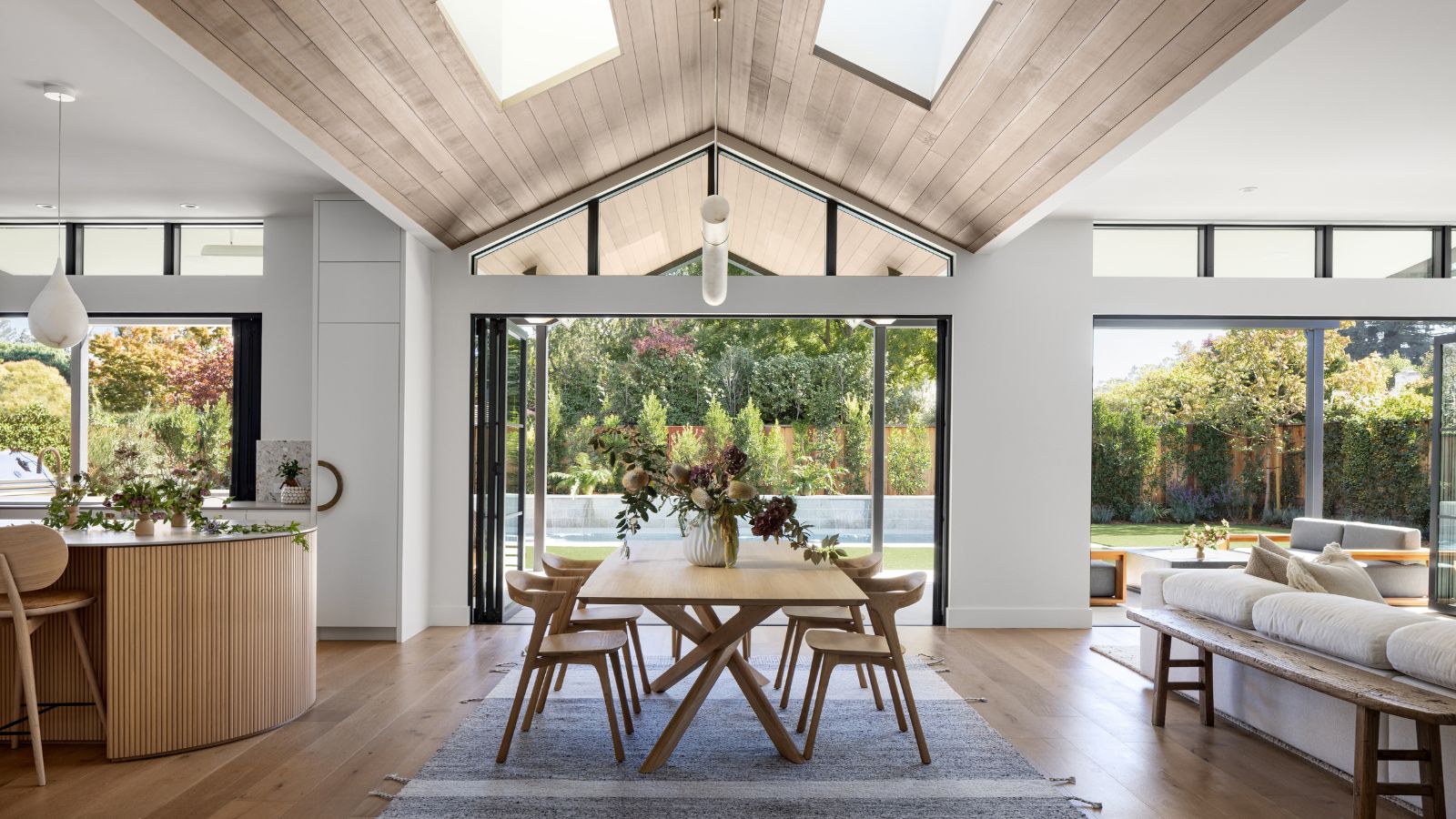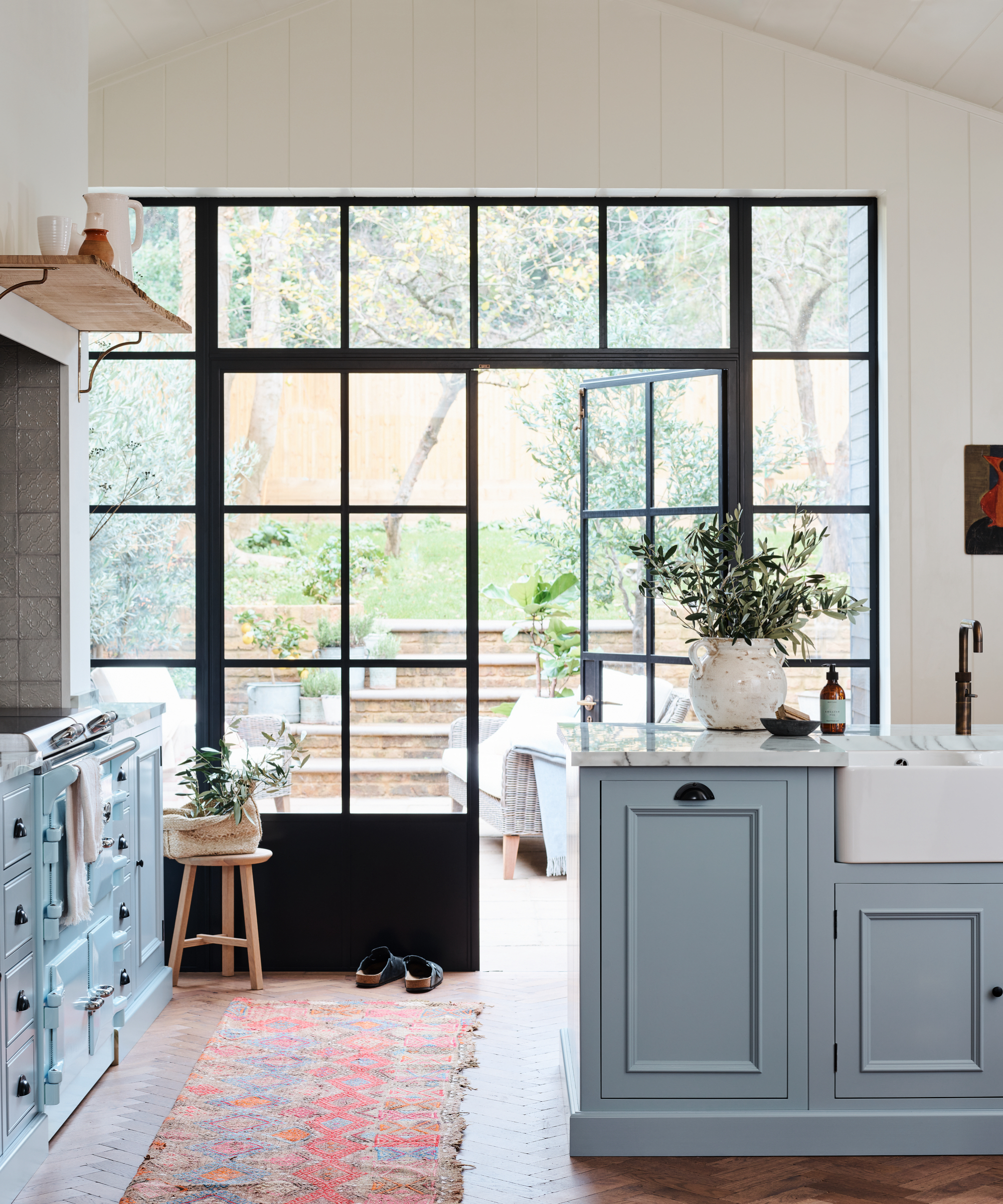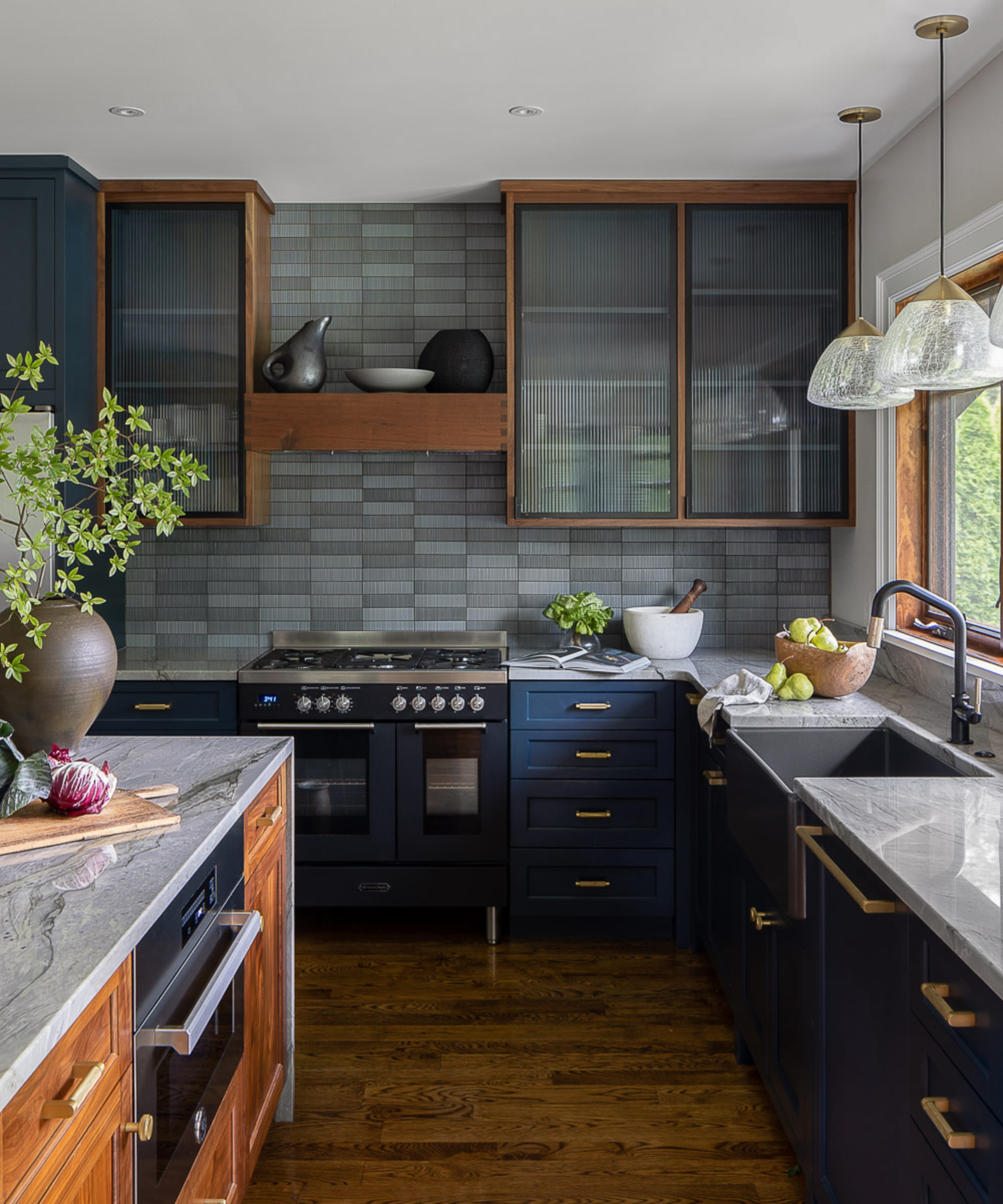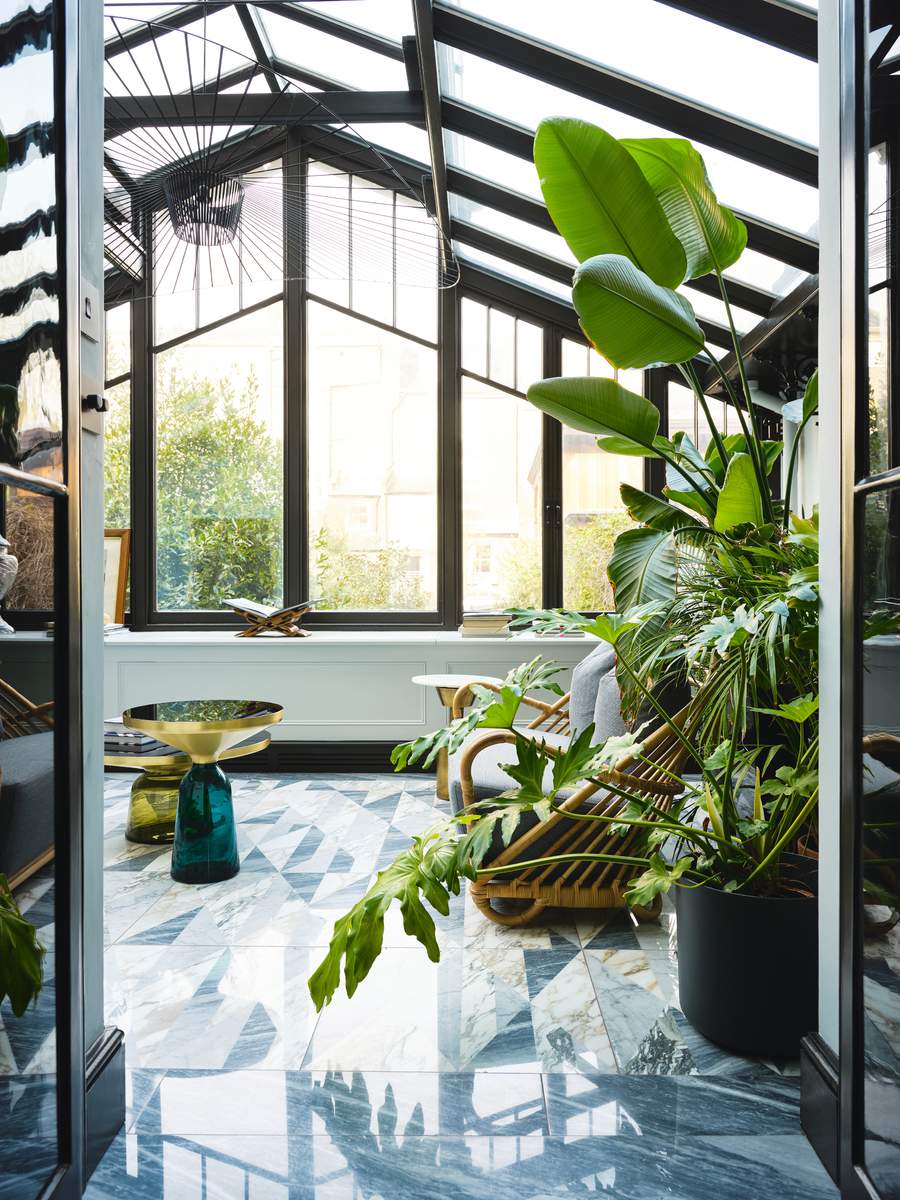
When working on something as big as a home renovation, being surrounded by mess is unavoidable. This mess is usually a result of all the sanding, grinding, demolishing, and drilling, spreading dust across your home in the process.
This dust can then become airborne, worsening your air quality and potentially damaging your health. To avoid this during a home renovation, you'll need to take a few steps to keep your indoor air clean.
Along with the best air purifiers, there are plenty of ways to protect your air quality amid a hefty home reno. Read on for our step-by-step guide.
How to keep your indoor air clean during a renovation
We spoke with air quality and home renovation experts to find out exactly what we can do to keep indoor air clean during a renovation.

1. Turn off the HVAC
First things first: turn off your HVAC system. It's easy to assume that our HVACs can filter out all the airborne dust, but it can damage your system.
'Turn the HVAC off when possible to prevent dust from accumulating inside the HVAC unit, leading to damage or increased potential for microbial growth,' explains Michael Rubino, mold and air quality expert and founder of HomeCleanse.
'If running the HVAC is a must, install the highest-rated MERV filters the unit can handle to prevent dust accumulation and change the filters often,' he emphasizes, adding that 'once they are caked in dust, they no longer work as well to filter out particles.'
If you must keep your HVAC on, you can find high-quality MERV filters at Home Depot.
2. Containment
As renovations can take place near living areas, it's important to keep things separate. Renovating produces dust and countless other particles that are harmful to breathe in, so you'll need to avoid them making their way into (and dirtying) the clean parts of the house.
Josh Rudin, owner of ASAP Restorations, explains that containment is the key to successful and dustless home renovations 'because it centralizes all of the dust particulates in one area.'
This can be as simple as plastic barriers that protect the work zone, preventing dust from spreading into other areas. Or, as Josh suggests, containment can involve creating multi-staged areas for different purposes.
'The first containment is simply to encompass the entire job work area. The second containment unit will be to separate the work area air from the prep area air, where technicians [or yourself] will suit up in PPE,' he explains.
Doing this will keep the messiest areas self-contained while having an area between the clean living area and the work area, preventing poor air from reaching healthier parts of the house.
3. Clean, constantly

Regular cleaning during such a famously messy process might not seem like a priority, but it's vital for protecting air quality and indoor spaces.
'Cleaning the machines, the people, and the apparatus that go into and out of the containments will also be a major factor in protecting the rest of the property from dust contamination,' Josh says.
To achieve a tight cleanliness, you'll need a HEPA vacuum. HEPA filters are able to capture much finer dust particles than other filter types, making them a necessity during home renovation.
'Use HEPA vacuums in lieu of shop vacs to prevent fine dust from recirculating,' explains Michael. He adds that vacuums are also important to avoid sweeping, as sweeping can aerosolize particles, making them more likely to get into your body through inhalation.
Our guide to the best vacuum cleaners includes a healthy selection of HEPA vacuums.
Josh mentions that, aside from vacuuming dust, cleaning also involves: 'wiping down the garbage bags that secure the demolition debris, double bagging them with gooseneck ties, wiping down the secondary bag, and then transporting the cleaned bags out of the containment.' This prevents dust from re-circulating back into your indoor air.
4. Ventilation
Considering the importance of containment - ventilation is helpful but only when done with care. Build-ups of dust can lead to bacteria and mold growing in your home, so keeping the space well-ventilated will naturally help during the timeline of your renovation.
'Ventilate the space well when the air quality is good outside and the humidity is 50% or less. This will help flush out those particles while avoiding opportunities that could worsen indoor air quality,' advises Michael.

5. Air purifiers
And now for the main one: actually keeping the air clean. Professional renovators will often use air scrubbers (available at Home Depot), but they tend to be expensive purchases for something that'll only get temporary use.
Instead, an air purifier can cleanse the air of dust and other harmful particles. Keeping an air purifier running during the work will capture airborne particles, removing them from the air you breathe and creating a healthier indoor air quality.
But you'll need to choose the right air purifier for the job. Many air purifiers are designed for at-home use, like removing pollen or wildfire smoke from the air, so you'd need a powerful and durable model to keep up with the renovation. Molekule's air purifiers work differently to others as they actually destroy the particles once captured, so they could be an ideal fit for heavy work such as home renovating.
The best air purifiers will cleanse your air from dust, pollutants and harmful particles while you're renovating your home.
If you're new to these types of home projects, our first-time renovators guide covers everything you need to know before getting started.







